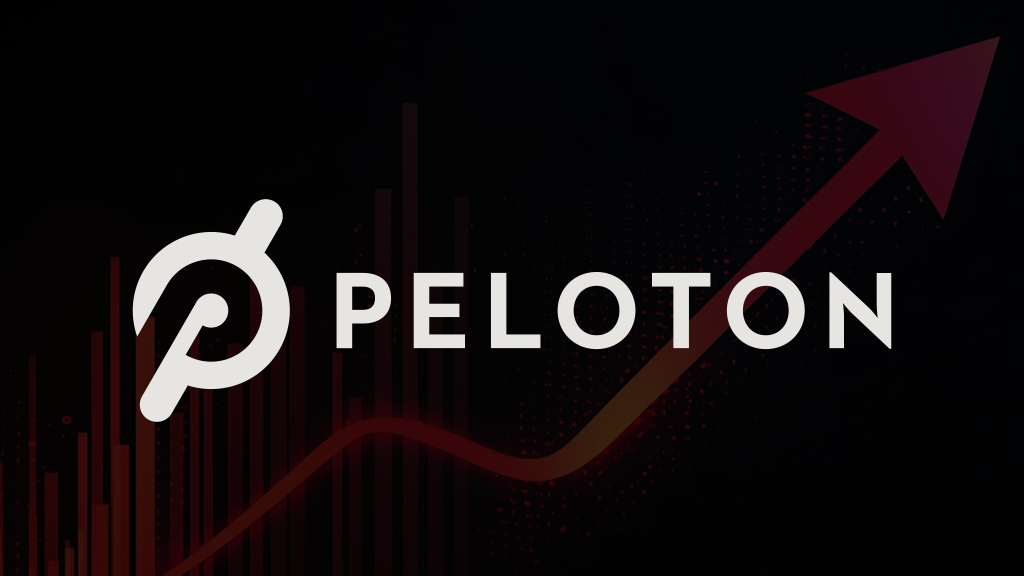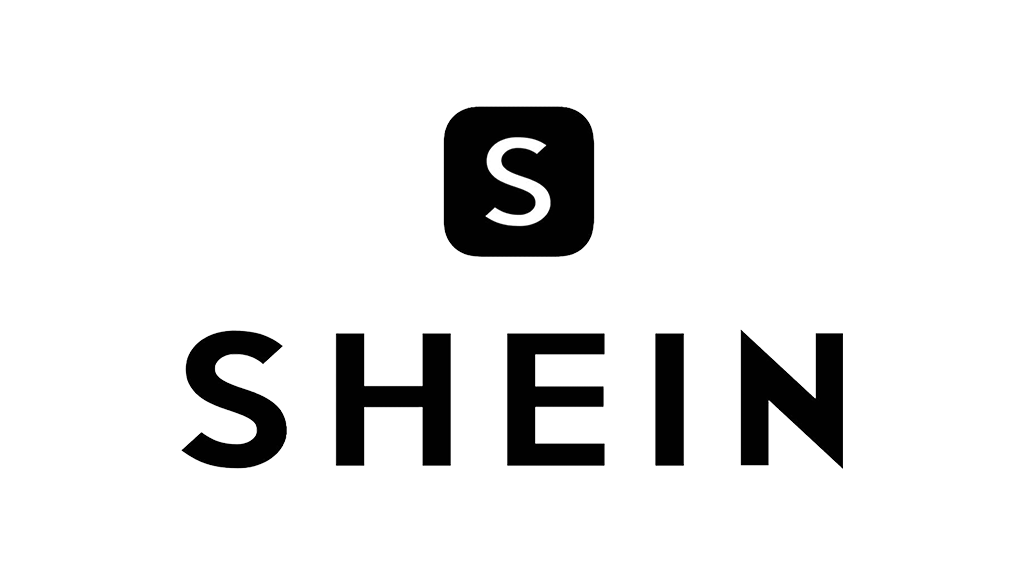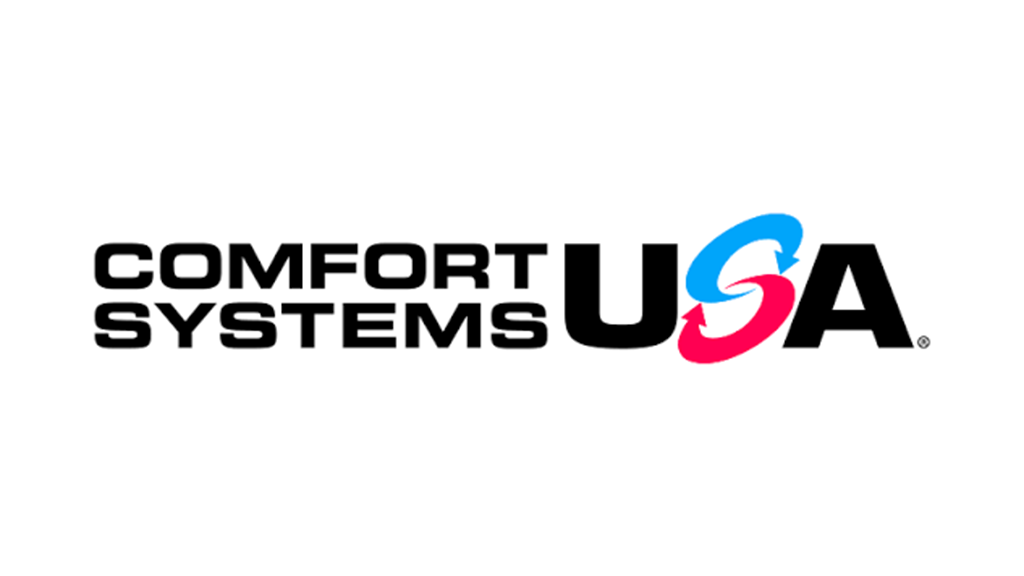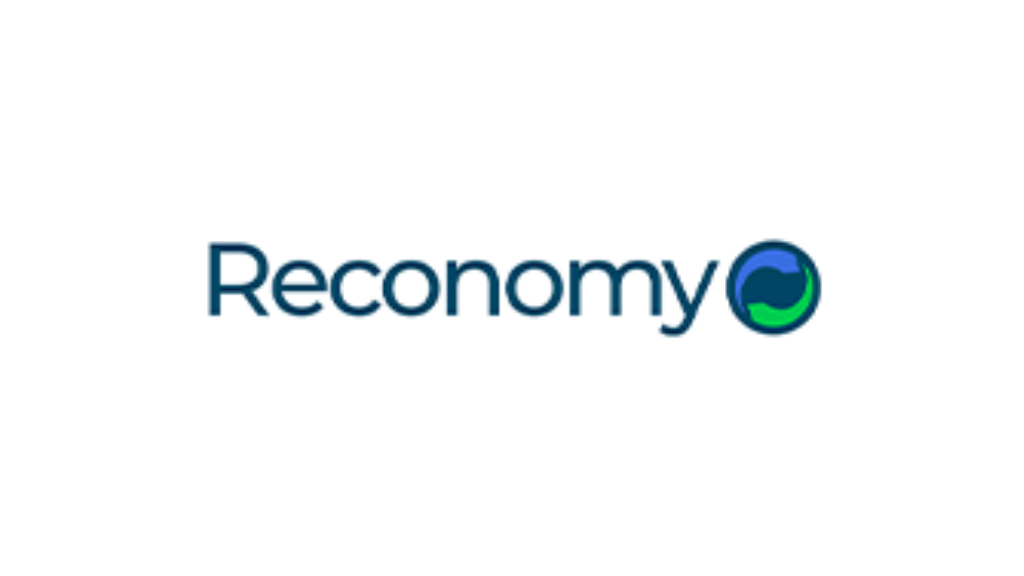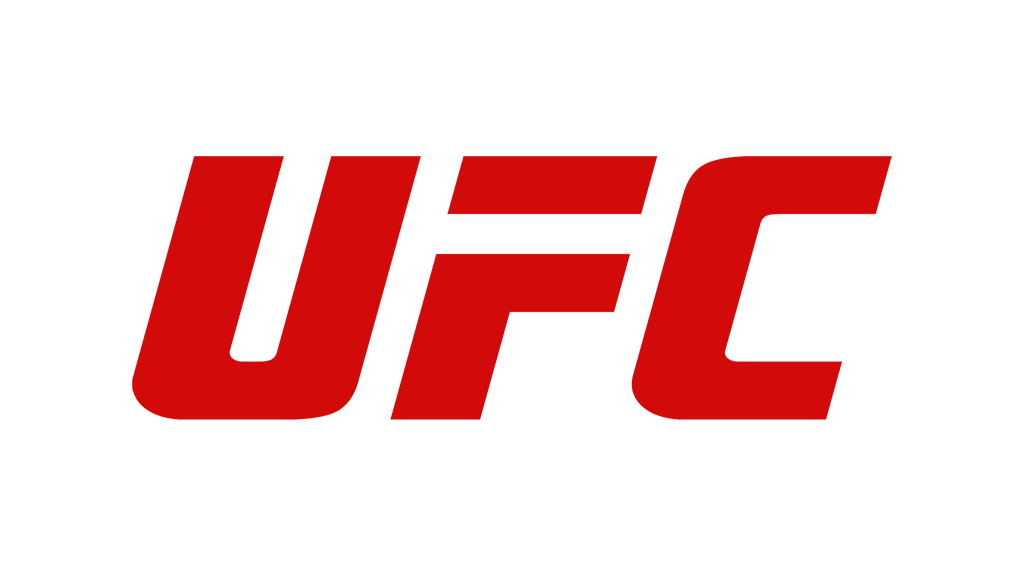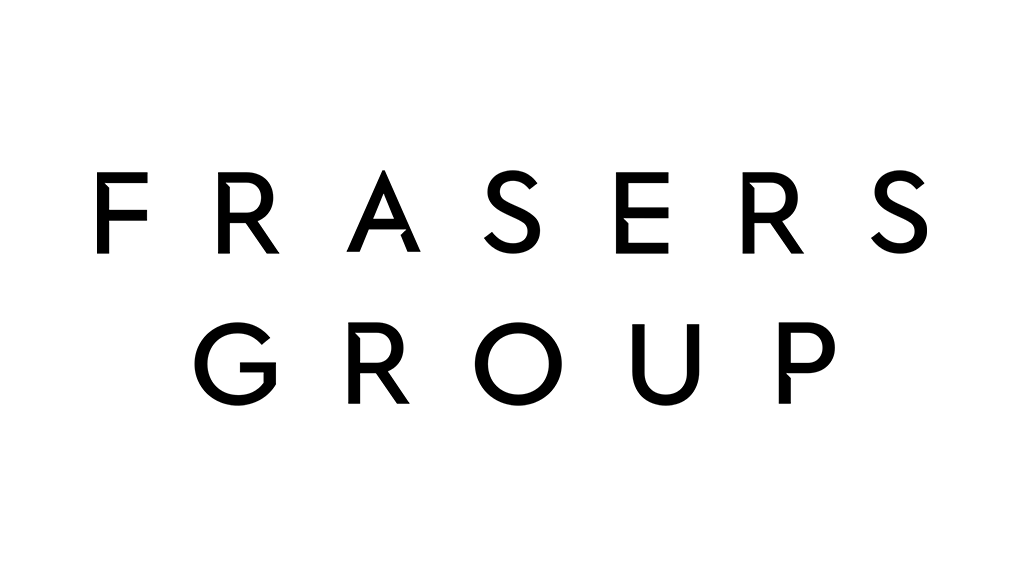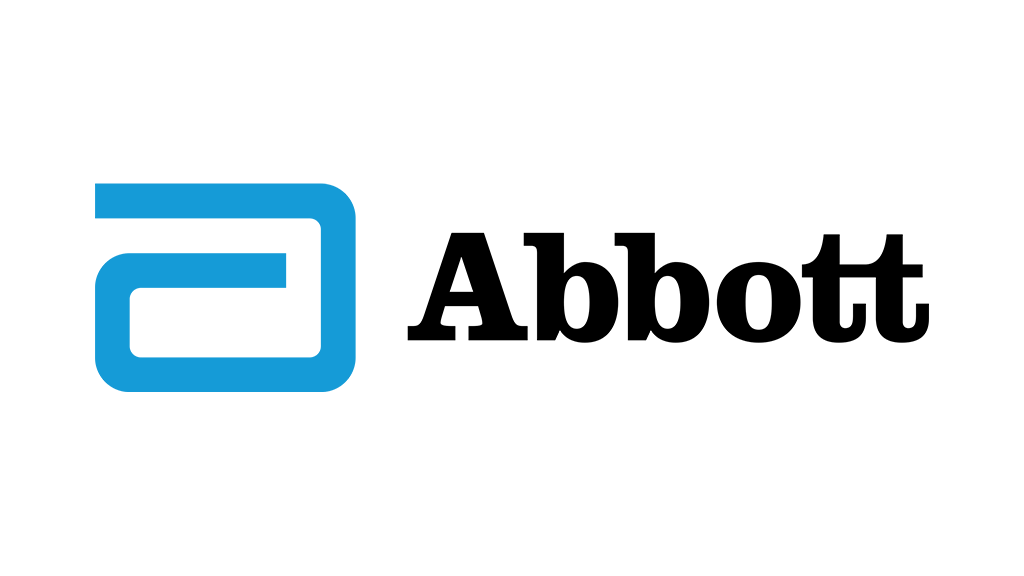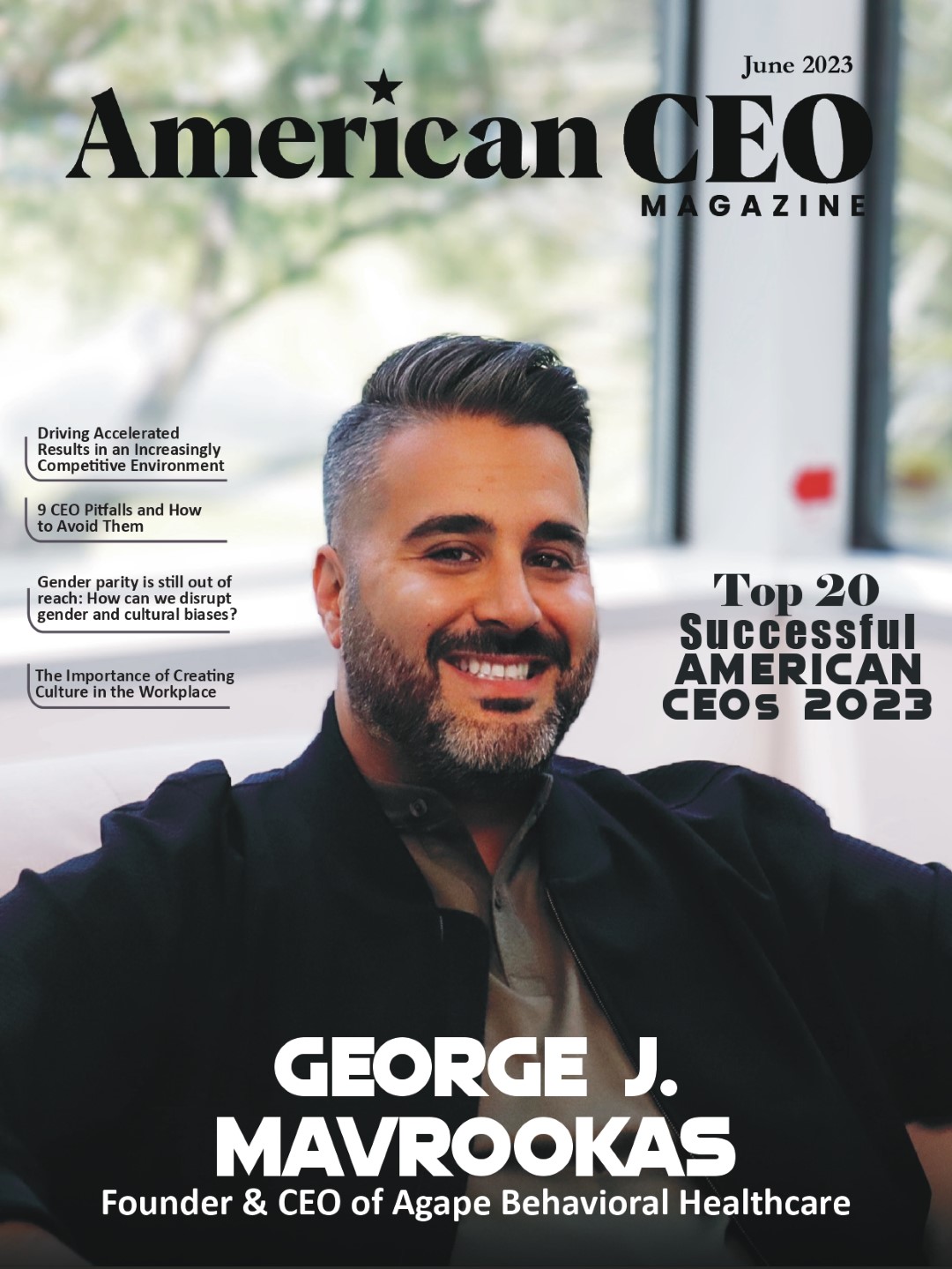Lucrecia Iruela
Leadership Coach

Lucrecia Iruela
LL.M, ACC, PHR, SHRM.
Lucrecia Iruela is a multi-talented individual with a diverse background. She is a speaker, writer, executive coach, and community builder with a mission to promote and teach leadership.
Having worked with the largest and most innovative companies in Silicon Valley, she has gained extensive experience and knowledge in navigating opportunities within organizations in different markets.
In addition to working with Fortune 500 companies, she also enjoys collaborating with business schools, non-profits, and universities to deliver leadership skills and concepts to future leaders.
Lucrecia has a passion for serving, helping, and guiding teams and individuals to reach their full potential by unlocking their barriers. With her global mindset for business culture, she offers support to executives, leaders, business owners, and entities.
She understands the complexity of business firsthand and brings the human aspects to the equation. Furthermore, Lucrecia is the Founder & CEO of three startups where she practices the best strategies to deliver products to the market and the most efficient methods to train, develop, and grow her teams.
Prior to coaching, Lucrecia worked as an attorney for law firms in Madrid and California, directed HR departments, and founded her own business.
Attorney, Leadership Advocate, Executive Coach Marshall Goldsmith 100 coaches
IG @melioranet
Twitter: lucreciart
LinkedIn: https://www.linkedin.com/in/lucreciai/
CEOs are Adaptable by Nature. Teams are Stable by Definition.
Different persons, the same scenario repeats it over time. Once upon a time, I had a client who was the founder and CEO of a successful start-up. He did well. He had positive results. However, he wasn’t winning popularity contests. As CEO, he abandoned his post several times; running the business as a COO would and constantly switching visions and goals. Chaos ensued. His challenge was reclaiming his CEO role, embracing it fully, and discovering a predictable structure to make his subordinates feel at ease and trust him. It was easier said than done. The CEO had many mixed feelings, and of course, his confidence level was low.
My approach was to help him customize his CEO style. It was a positive domino effect: his confidence soared and he created a company culture where teams felt comfortable with his leadership and decisions. The point of this tale? Corporations do not need to fully agree with the CEO´s decisions, but they need to feel that they can fully trust him or her.
When we create a perception, it is almost impossible to change it. And CEOs are responsible for developing “a multi-dimensional web of self-awareness” where they nimbly use their intuition and perfect their actions to avoid potential mistakes that disgruntle their employees and hurt the business. All of that, plus the unspoken expectation of converting the companies to run on auto pilot which, at the end of the day, is the objective of implementing Artificial Intelligence. No pressure there, right?
The debate is on the table, and the options are served. As my mentor and good friend, Dr. Marshall Goldsmith, #1 executive coach and New York Times best seller says, “It is better not to have arguments about definitions.” I totally agree. Original concepts should be the dominant factor, and in the world of Artificial Intelligence, there are many new interpretations and concepts to apply.
The coach’s job is to help leaders be even more successful and change behaviors that are not serving their purposes, center them to make good decisions, and to balance them to minimize the risks.
What is essential for one CEO is not even on the radar for another CEO. The complexity of our current world encompasses numerous factors, and that’s what a CEO must figure out: separating the cream of the crop in options that steer companies in the right direction. He or she may ask, “What are the components that I must include in my organization?” to focus on the vision, the strategy, and the business’s core. Delivering for stakeholders is not the lone goal.
The current situation prompted me to get into a mental time machine and set it to the year 1999. That’s when hoards of novelty startups had the revolutionary idea of pursuing investors to put their money in the hat for dot-coms. Everyone had to implement the technology available to continue until it was not sustainable. And that dot-com bubble burst. Not much has changed in the way that we still require a sense of irrational exuberance to push the boundaries, challenge the status quo, and fuel the innovation engine. This, in turn, encourages investors to eagerly open their wallets. Deja vu! I am currently witnessing the emergence of a parallel evil ecosystem in the startup universe. While it’s dedicated to nurturing emerging concepts, it remains accessible only to a select few, and the rest of us are hopping up and down to see if we can make some judgments and acquire new skills.
Everyone is looking for the secret sauce in this industry – CEOs, founders, coaches, investors, and innovators alike – to embark on a journey of self-education in this enigmatic domain. It could be more beneficial for smaller entities to use common sense and wait for a more established legal scope of what can be done in each industry related to Artificial Intelligence.
In my coaching practice, I have observed with executives in Silicon Valley that teams are more robust, creative, and open to change when they bring their original ideas to life. AI is a potential enemy for startups and medium-sized companies instead of being a tool to hone their natural talents and value.
The most proactive executives research, develop, and test innovative technology that can organically optimize their jobs, teams, departments, organizations, and, ultimately, industries. Following the Amazon way of “white paper proposals,” employees are encouraged to research and offer a brief overview of a new technology to the CEO. Collaboration works and always has. Everyone gets in on building a better mousetrap and in turn builds team bonds.
However, a harmonious balance should be present between an eager CEO, AI pioneers, and the teams’ feelings. Without a solid grasp of the foundational knowledge, we risk adhering to trends too much, traversing a landscape devoid of genuine comprehension and business smarts. As I always say, we can Do Better. Get Better. Be Better®





























